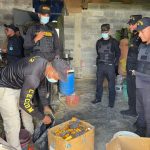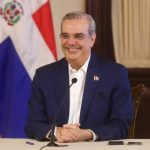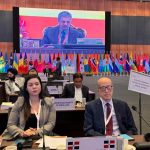Alberto Fujimori Release From Prison Marks Challenge Between Peru And The Inter-American Court

Alberto Fujimori, Peru’s former president from 1990 to 2000, was released this Wednesday, fulfilling a contentious order from the country’s Constitutional Court. This decision contradicts a prior request from the Inter-American Court of Human Rights (IDH Court), which had urged Peruvian authorities to delay the release, citing concerns over justice for human rights violation victims.
The Peruvian Constitutional Court’s decision, determined by the vote of its president Francisco Morales among three of its six current members, led to widespread speculation over whether the government would comply with this judicial decree or heed the IDH Court’s request.
The government, responding hours after Fujimori’s release, issued a statement through Foreign Minister Javier González-Olaechea and Justice Minister Eduardo Arana. The statement affirmed Peru’s commitment to the American Convention on Human Rights (also known as the Pact of San José) and noted the compliance with the Constitutional Court’s ruling.
Fujimori, aged 85, left the Barbadillo prison on Wednesday afternoon, using nasal goggles for oxygen and a mask. He was greeted emotionally by his children, Keiko Fujimori, leader of the Fujimori Popular Force party, and his son Kenji, upon his exit from the penitentiary.
Outside the prison, a large crowd of supporters welcomed Fujimori with cheers, music, and fireworks, creating a scene of celebration that delayed his car for nearly 30 minutes as it struggled to move through the throngs of followers, police, and press.
Later, at Keiko’s residence, the Fujimori children expressed gratitude to former President Pedro Pablo Kuczynski, who had granted Fujimori a health-related pardon in 2017. Keiko Fujimori addressed the crowd, declaring, “Finally justice and humanity prevailed today,” amidst applause from those gathered.
This high-profile release has ignited a complex mix of legal, political, and public reactions, reflecting the ongoing debate over Fujimori’s legacy and the intricacies of international and national law.

















